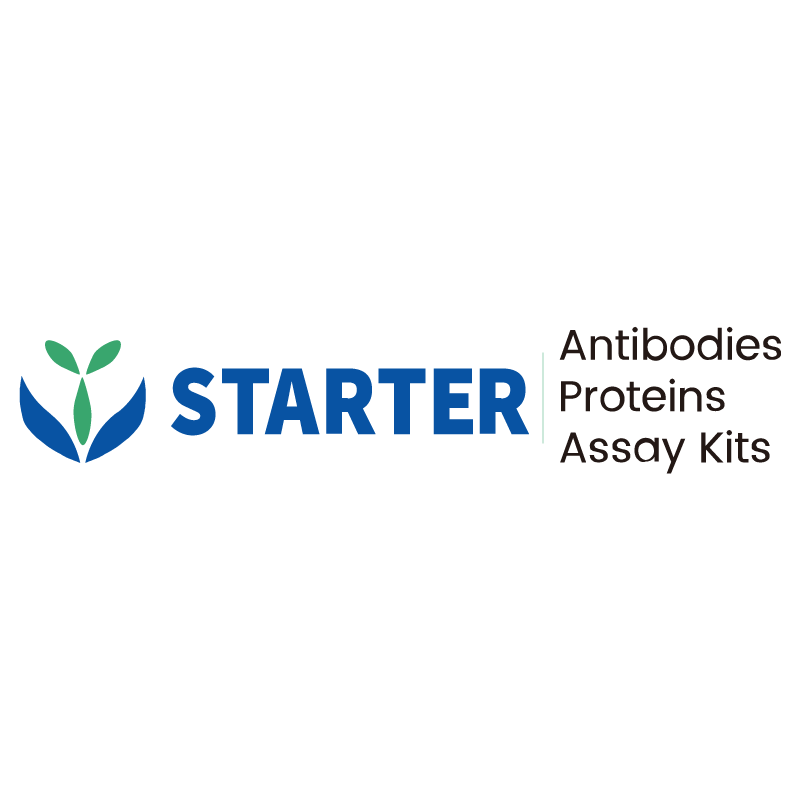Immobilized Recombinant Human Flt4 ligand/VEGF-C Protein at 2 μg/mL (100 μL/well) can bind Human VEGFR3/FLT4 Protein, hFc tag with EC50 of 9.6-12.9 ng/ml.
Product Details
Product Details
Product Specification
| Species | Human |
| Synonyms | Vascular endothelial growth factor receptor 3, VEGFR-3, Fms-like tyrosine kinase 4 (FLT-4), Tyrosine-protein kinase receptor FLT4 |
| Accession | P35916 |
| Amino Acid Sequence | Protein sequence (P35916, Try25-Glu775, with C-hFc Tag) YSMTPPTLNITEESHVIDTGDSLSISCRGQHPLEWAWPGAQEAPATGDKDSEDTGVVRDCEGTDARPYCKVLLLHEVHANDTGSYVCYYKYIKARIEGTTAASSYVFVRDFEQPFINKPDTLLVNRKDAMWVPCLVSIPGLNVTLRSQSSVLWPDGQEVVWDDRRGMLVSTPLLHDALYLQCETTWGDQDFLSNPFLVHITGNELYDIQLLPRKSLELLVGEKLVLNCTVWAEFNSGVTFDWDYPGKQAERGKWVPERRSQQTHTELSSILTIHNVSQHDLGSYVCKANNGIQRFRESTEVIVHENPFISVEWLKGPILEATAGDELVKLPVKLAAYPPPEFQWYKDGKALSGRHSPHALVLKEVTEASTGTYTLALWNSAAGLRRNISLELVVNVPPQIHEKEASSPSIYSRHSRQALTCTAYGVPLPLSIQWHWRPWTPCKMFAQRSLRRRQQQDLMPQCRDWRAVTTQDAVNPIESLDTWTEFVEGKNKTVSKLVIQNANVSAMYKCVVSNKVGQDERLIYFYVTTIPDGFTIESKPSEELLEGQPVLLSCQADSYKYEHLRWYRLNLSTLHDAHGNPLLLDCKNVHLFATPLAASLEEVAPGARHATLSLSIPRVAPEHEGHYVCEVQDRRSHDKHCHKKYLSVQALEAPRLTQNLTDLLVNVSDSLEMQCLVAGAHAPSIVWYKDERLLEEKSGVDLADSNQKLSIQRVREEDAGRYLCSVCNAKGCVNSSASVAVEGSEDKGSME |
| Expression System | HEK293 |
| Molecular Weight | Predicted MW: 110.5 kDa Observed MW: 150 kDa |
| Purity | >95% by SDS-PAGE |
| Endotoxin | <0.1EU/μg |
| Conjugation | Unconjugated |
| Physical Appearance | Lyophilized Powder |
| Storage Buffer | Lyophilized from a 0.2 μm filtered solution of 0.2M PBS, pH7.4 with 3% trehalose. |
| Reconstitution | Reconstitute no more than 1 mg/mL according to the size in deionized water after rapid centrifugation. |
| Stability & Storage | 12 months from date of receipt, -20 to -70 °C as supplied. |
Background
Fms-related tyrosine kinase 4, also known as FLT4, is a protein which in humans is encoded by the FLT4 gene. This gene encodes a tyrosine kinase receptor for vascular endothelial growth factors C and D. The protein is thought to be involved in lymphangiogenesis and maintenance of the lymphatic endothelium. Mutations in this gene cause hereditary lymphedema type IA.
Picture
Picture
Bioactivity
SDS-PAGE
2μg(R: reducing conditions)


